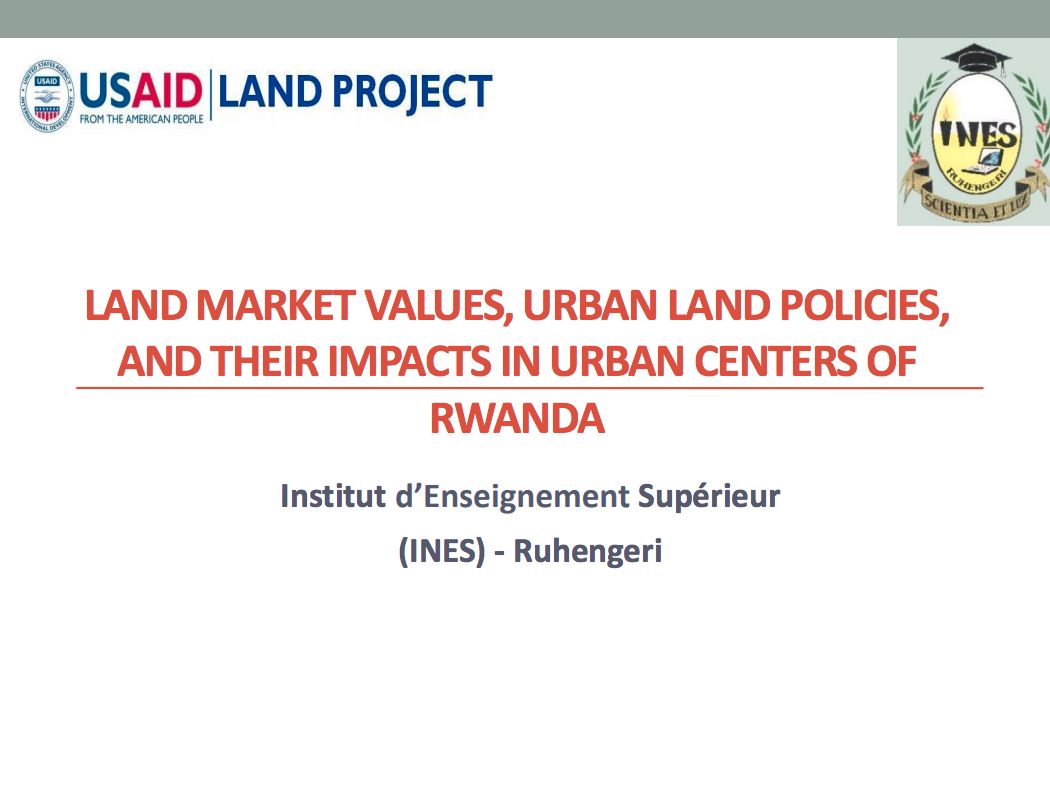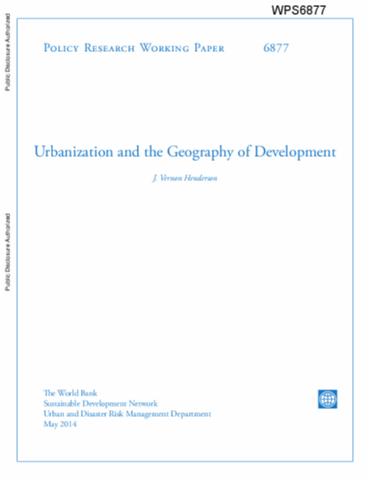Land Reform, Rural Development, and Poverty in the Philippines : Revisiting the Agenda
The goal of this report is to take stock
of the existing evidence on the impact of the Comprehensive
Agrarian Reform Program (CARP) on poverty, to examine the
current challenges that an extension of CARP would face, and
to suggest directions toward achieving progress on land
reform given the financial and policy constraints faced by
the program. The report starts by examining the nature and
relevance of the challenges that an extension of the land




